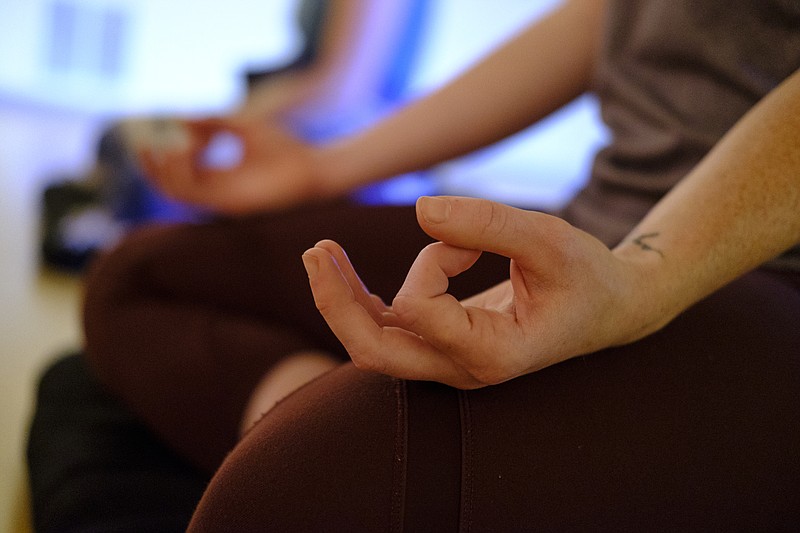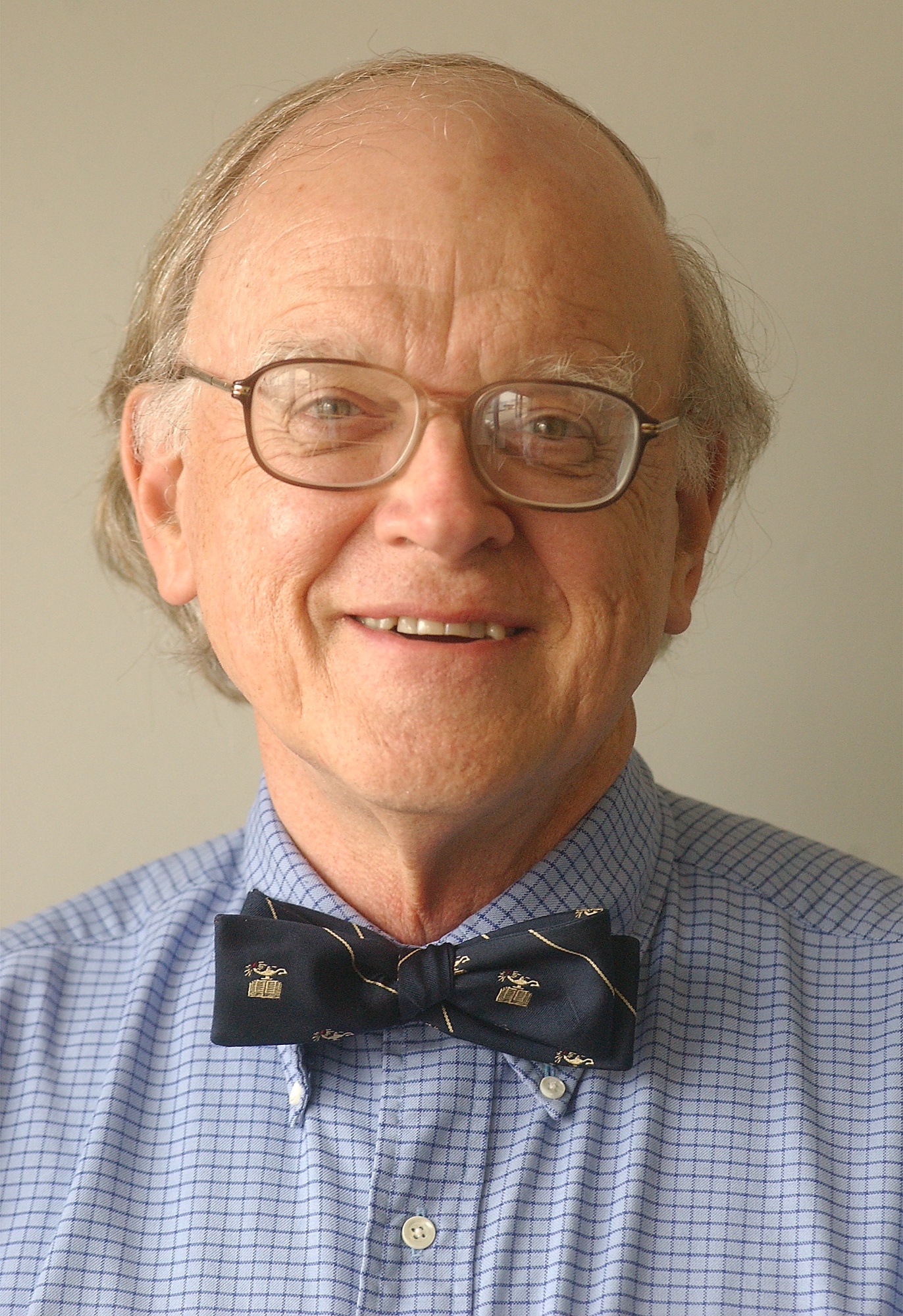For most political leaders, the future is that interval between now and the next election. Their energies are directed to the immediate concerns of their constituents and, possibly, those lobbyists who have their ear. Tax reform, business expansion, health care legislation, immigration and revision of regulations may dominate their thinking. Any topic that cannot be reduced to a few bullet-points is deferred to a later date.
In his recently published "21 Lessons for the 21st Century," Yuval Noah Harari adopts a perspective of decades as he presents broader, more complex themes that need our attention. Harari lectures on world history at the University of Jerusalem. He is the author of international best-sellers, "Sapiens: A Brief History of Humankind" and "Homo Deus: A Brief History of Tomorrow."
At the outset of his narrative, Harari describes the anger and disillusionment which affected many people as they entered the current century. The principles that had guided their careers no longer seemed relevant. The only certainty was accelerating change.
Harari's "lessons" are meditations on such themes as work, liberty, religion and secularism, immigration, war, justice and education. He provides no easy solutions to those complex issues. He invites the reader on a journey to analyze each topic from perspectives of history and science.
Consider the lesson on work. Automation and robots have replaced human labor in many settings. Driving, which combines knowledge, skills and judgment, can be managed without people as witnessed by driverless cars. Driverless trucks cannot be far behind. What jobs will be available for workers progressively displaced by technology?
In my field of clinical medicine, computer-based technology will soon gather and collate information from a variety of sources and arrive at a ranked series of diagnoses in much less time than a health care provider. Robots may extend the reach of telemedicine so that a nurse or physician is no longer be needed for a patient's examination.
Nationalism is evaluated at a time in which multinational treaties on trade, nuclear arms and climate change are unraveling. Individual nations want to solve problems by themselves. A nation can erect both physical, political and intellectual walls around itself. Air and water pollution, whether from fracking or the burning of fossil fuels are not limited, however, to the borders of a nation. Ionizing radiation does not respect geographical boundaries. A pandemic does not stop at a fence or a check-point.
The lesson on "post-truth" deals with the challenge of finding accurate information on any topic. How do we differentiate between "real" and "fake" news? Harari cites examples from the remote past to illustrate how fake news was used to rouse crowds to murderous actions against innocent people. In December 2016, false reports of young girls held hostage in a Virginia pizza restaurant incited an armed man to invade the business and fire rounds into its ceiling. What tests can we apply to differentiate actual occurrences from manufactured propaganda, which can be instantly spread on the worldwide web? What sources of information are reliable?
Each lesson challenges us to think deeply about themes that will influence our lives during the next three decades.
Meditation is central to Harari's life. He devotes an interval each day to quiet reflection as well as participating in a quiet retreat each year. Freed of noise and interruption, he can work at determining who he is and what his responsibilities are in a rapidly changing world. His book closes, "For a few more years or decades, we still have a choice. If we make the effort, we can still investigate who we really are. But if we want to make use of this opportunity, we had better do it now."
Self-knowledge can lead to more effective citizenship. Legions of thoughtful, dedicated citizens can assure that people, rather than technology, will define our future.
Contact Clif Cleaveland at ccleaveland@timesfreepress.com.

